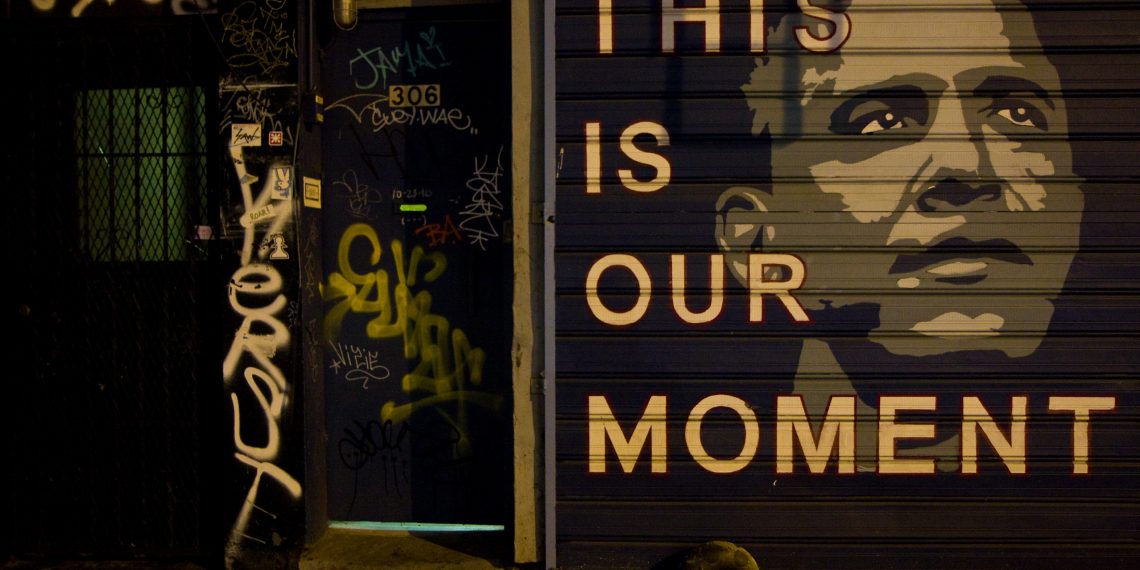At the website Public Seminar, psychoanalyst Stacey Novack examines the major role that nostalgia played in the recent US presidential election, not only in Trump’s campaign but also in Clinton’s. While it was ultimately a white-centered, xenophobic nostalgia on the part of a segment of the US electorate that propelled Trump to victory, Novack contends that a non-regressive form of nostalgia is essential to progressive politics. Here’s an excerpt:
“Nostalgia,” a term from the Greek that is comprised of “algos” (pain, grief) and “nostos” (homecoming), in its earliest uses referred to a medical condition: to “severe homesickness considered a disease.” It was originally used primarily in military contexts, often treated as a cause of death unto itself for soldiers. By the 1920’s, the word had been transformed into its contemporary usage of “a wistful yearning for the past.” In this subtle transmutation of meaning, the object of longing became abstract and shifted from place to time, a move that perhaps made sense in the context of the first World War. The nostalgia of 2016 has become perhaps even more abstract, because the losses include such ineffable entities as identity, masculinity, and purpose. These losses are so intangible that they are nearly impossible to identify, making them even more likely to lead to a melancholic alienation. The use of scapegoats ensures that such losses remain beyond the realm of self-knowledge.
In psychoanalysis, nostalgia has historically been a highly pathologized condition. In “Mourning and Melancholia,” Freud describes nostalgia as a persistent refusal of loss, a repressed yearning for a lost object, which thwarts the mourning processes necessary for health. When this occurs in extreme forms, the refusal of the loss risks compromising individual’s relationship to reality itself. Object relations theorists such as Klein also view nostalgia in primarily regressive terms, as a clinging to, or wish for, a symbiotic relationship to the mother, and a refusal of frustration, loss, and separateness.
These powerful human motivations can also be the engine of political affiliation and ideology, and smart and effective politicians will appeal to their power. Trump’s strategy was ultimately effective because it connected to the deepest longing, anxieties, and passions of a substantial part of the electorate. However, the fact that the Trump campaign exploited the baser aspects of nostalgia — racism, protectionism, and fear-driven rage — does not, I believe, negate the potential for a creative, generative engagement with nostalgic longing.
Image via Public Seminar.
